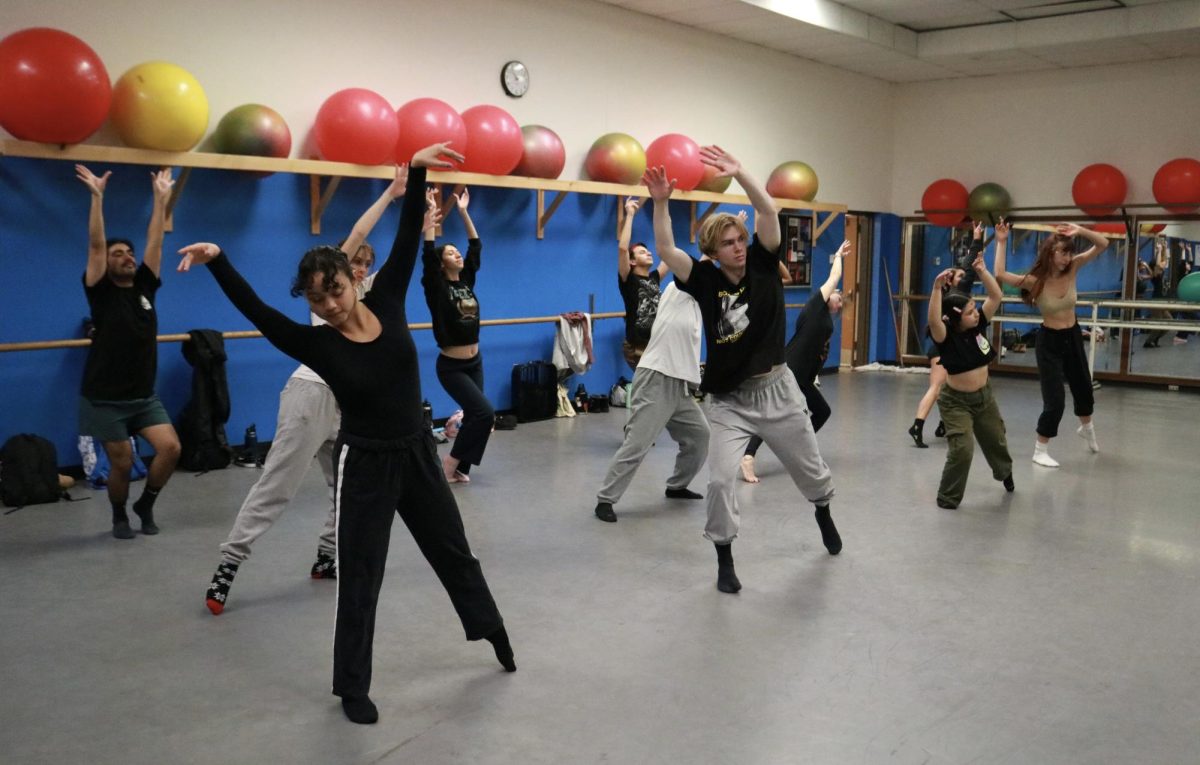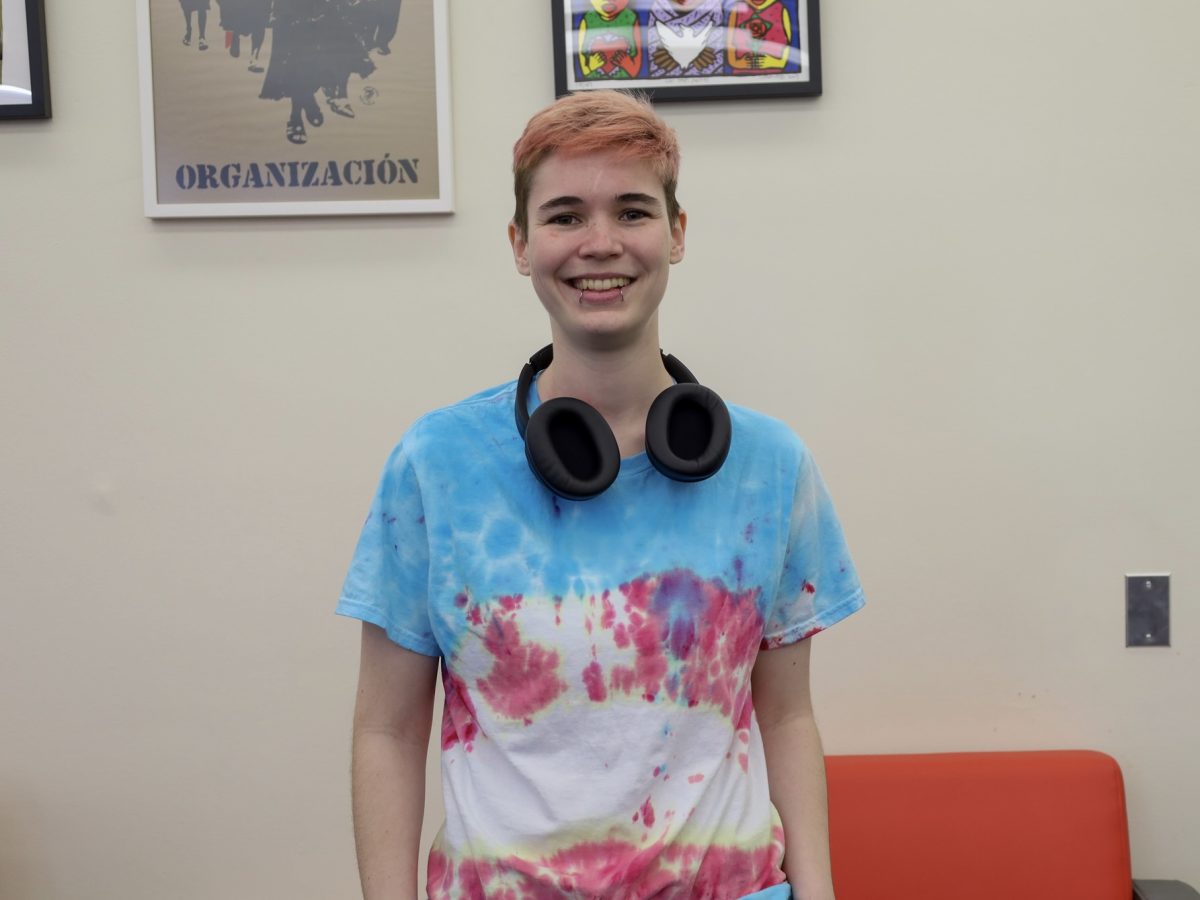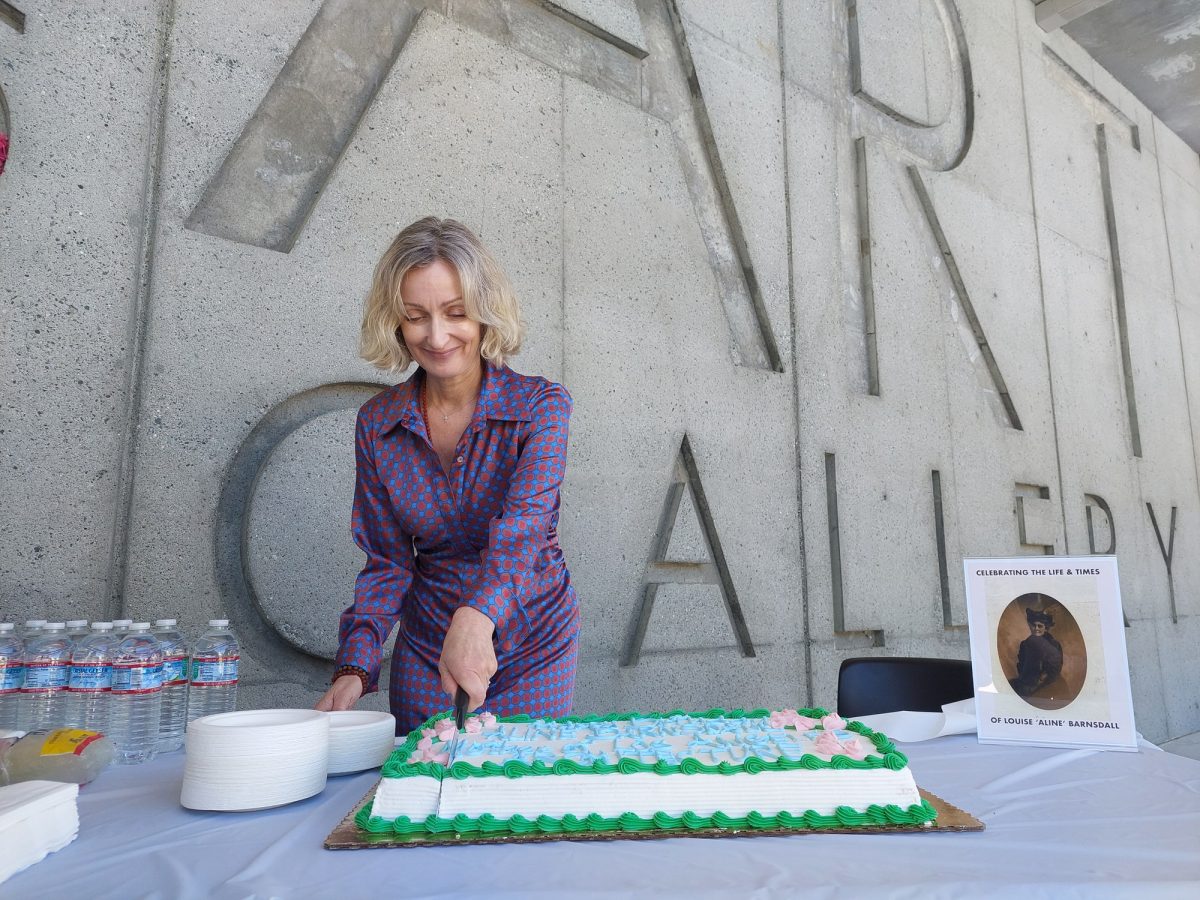As prices of items rise and the economy falls, both students and faculty members are struggling to save money .
“It’s all about trying to find the best deal,” Mike Formoso, radiology major, 37 said. “I use eBay and the Internet all the time to try and keep my expenses down.”
In addition to being a student, Formoso is an avid motorcyclist.
“It’s my ride and transportation,” Formoso said. “If I need to get a part and I can’t find it for a lower price, I’m willing to spend as much as I need to. My motorcycle is a necessity.”
Students like Formoso are dependent upon services such as financial aid to get by. Formoso knows firsthand how tough it can be to support oneself and be a student.
“Financial aid is a good thing; I don’t have to spend any of my own hard earned dollars, until it runs out,” Formoso said.
Eating on campus is another big portion of where students’ hard-earned money goes. A lot of students simply don’t have the time to pack their own lunch.
“Sometimes I’ll bring something like a cup of noodles to eat on campus,” Formoso said. “Most of the time, however, I’m eating what’s available on or nearby campus.”
Paige Vreede, theater major, 19, has different spending habits. Living at home, Vreede’s shopping habits are drastically different, as she doesn’t have to pay for rent.
“When I go out to shop for clothes, I will get what I like, whenever I want,” Vreede said. “The economy isn’t really affecting me. I mean it has some affect, but I don’t really care at the moment, my job pays for what I want.”
Vreede, however, does realize that things would be drastically different if she was living on her own.
“If I didn’t live at home with my parents, I would definitely be on a stricter budget,” Vreede said. “Even now, if gas prices were to suddenly get more expensive, I’d have to watch what I spend as I pay for my own gas.”
Faculty members such as English professor Matthew Cheung also know the importance of keeping to a tight budget.
“I always bring my lunch from home,” Cheung said. “It’s a habit I’ve had since I was in school. I think I can easily save 20 bucks a week just by doing that which then saves me around 80 bucks a month.”
Cheung’s budget has also been benefited thanks to the newly implemented smart classrooms spread throughout EC.
“With the smart classrooms, I’ve saved a lot of money on white board markers and chalk,” Cheung said. “I don’t need them anymore; I just type mostly. The things I buy usually have to do with organizational materials.”
Cheung has noticed that these organizational materials, which include binders, folders and papers, have begun to rise in price as the economy has slumped.
These sorts of price hikes have also influenced Cheung and students such as Formoso to keep to a tight budget when shopping for things unrelated to school such as groceries.
“I tend to go with a list or with some specific items in mind. I do my best not to deviate too much from that list,” Cheung said.
Formoso, on the other hand,tries to stick to whatever isn’t too expensive, yet doesn’t infringe on his tastes. He said items like cereal were a good compromise.
One simply needs to look to the shopping habits of everyday citizens such as students and teachers to recognize the health of the economy, and until these shoppers begin to spend more freely, look for budgets to play a big role in society.
“I’m trying to cut down on my spending, but it’s hard with all the stuff I need, like books and supplies.It’s getting expensive,” Summayah Khan, 18, biology major said.





